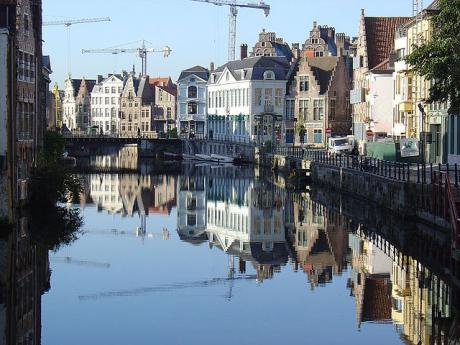- Written by City of Amsterdam
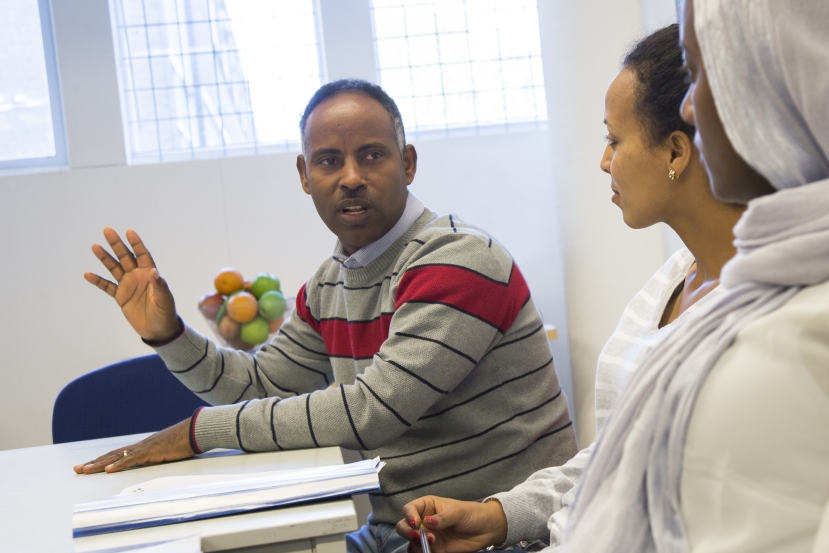
Refugees who have received the right of permanent residence in the Netherlands are called 'statushouders' (literally 'status holders'). Amsterdam City Council aims to offer these status holders the opportunity to settle in the city as quickly as possible, either through supporting them in finding a job, going into education or starting a business. If this is not feasible at first, they will initially receive care and support towards social participation.
Tesfalem is from Eritrea. His wanderings eventually took him to the Netherlands. Pending his application for permanent residence, he lived in Haarlem. After he received his status, he moved to Amsterdam where he enrolled in the Amsterdam Statushouders Programme. Ingrid was appointed as Tesfalem's client manager. 'I did not do an assessment,’ says Tesfalem. 'But I did have an extensive interview with Ingrid, which meant we got to know each other a bit. Ingrid wanted to know about my educational background, what kind of diplomas I had and what kind of work I had done in my home country.'
- Written by solidarity

Originally published on EU Observer
The refugee crisis is one we must address in our cities. I know this from experience: cities like Barcelona have become hubs for thousands of people seeking international protection.
Long before Germany opened its borders in September 2015, ahead of the height of the crisis, cities like mine have been calling for a more constructive and humanitarian response.
Through Eurocities we have a strong and united voice. Barcelona is among the 139 major European cities calling on the EU institutions for greater solidarity and a more humanitarian response to the crisis.
- Written by solidarity
Solidarity Cities is an initiative on the management of the refugee crisis proposed by the Mayor of Athens and launched in the framework of the EUROCITIES network. It aims to constitute the framework under which all cities actions and initiatives are presented highlighting the political leadership of cities in addressing this challenge.
- Written by solidarity

A lack of political will and a hulking bureaucracy frustrate efforts to find a solution to the migrant crisis at the national level. Multilevel governance is the answer.
Towards the end of the summer and the autumn of 2015 some countries, specially, Germany and Sweden experienced an unprecedented flow of refugees who were fleeing the conflicts of Syria, Iraq and Eritrea. More than one million people were hosted in a very short time with the effort of the whole public administration and the citizens. Many cities in those countries collaborated in an extraordinary effort made by the state, regions and länder to solve the human but also the immense logistic challenge.
- Written by solidarity
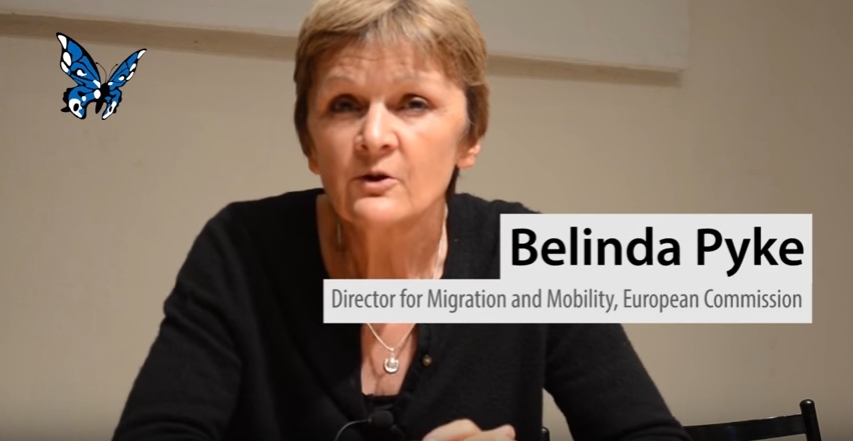
Belinda Pyke, Director for Migration and Mobility at the European Commission DG Home, discusses how the European Commission can get cities and regions involved in forming integration strategies for migrants and refugees.
- Written by solidarity

European city councils have launched an initiative to co-ordinate their responses to the migrant crisis, in defiance of the apathy of some national governments.
Nationalism, if it ever left us, is definitively back in vogue. With nationalist parties resurgent throughout Europe, more and more European nationals are vesting their political hopes in national governments. But for those new migrants without increasingly-coveted EU citizenship, the institutions most likely to come to their aid are not nation states, but local and city governments.
- Written by solidarity
Solidarity Cities, started by Athens' mayor, aims to get cities to co-operate on addressing a range of issues from housing to integration
By Zoe Tabary and Zabihullah Noori
LONDON, Oct 21 (Thomson Reuters Foundation) - European cities are joining forces to tackle challenges arising from the continent's refugee crisis, in an initiative launched this week in Athens, through which hundreds of thousands of refugees and migrants have passed since the start of 2015.
Solidarity Cities, started by Athens mayor George Kaminis, aims to get cities to work better together in addressing a wide range of practical issues from housing to integration.
- Written by Nikolaj Nielsen
By NIKOLAJ NIELSEN / EU OBSERVER
On the second floor of an abandoned medical clinic, a Syrian woman and her child stare out into the messy streets of Athens city centre.
They are among the lucky few who managed to find a temporary home that opened up only a week ago.
Nikos Chrysogelos, a former Greek MEP, has a nine-year lease on the building. His plan is to shelter up to 250 Syrian refugees, integrate those that want to stay into the local community, and prepare others whose futures lay elsewhere.
"At the end, we are not sure they are going to leave," he concedes when asked on Monday (17 October) about those registered into the EU's failed relocation programme.
- Written by solidarity
Barcelona: city of refuge
Cameron: Welcome to openDemocracy. How would you describe what Europe is facing at the moment?
- Written by solidarity

Greece has been on the frontline of the migrant crisis. How much of this inflow has Athens had to handle?
When the crisis erupted–in August 2015–Athens started receiving hundreds of refugees on a daily basis. More than 900,000 refugees came to Greece last year, the majority of which passed through Athens. So, you can understand the challenge that we had to deal with especially when the country was found completely unprepared to deal with these massive inflows. We were the first municipality to react providing a space for the first camp in Greece that can now host around 2,000 refugees. We had to offer urgent solutions to a problem so largely affecting the city’s normality. After the closing of the borders, flows have decreased but the EU-Turkey agreement is still at stake and we need to be constantly prepared to welcome new waves of refugees and provide emergency relief.
- Written by Thomas Jezequel
The EUROCITIES Social Affairs Forum, held in Athens on October 17, will launch the “Solidarity Cities” initiative to provide a common platform for city-to-city mutual assistance and advocacy for migrant-friendly policies across the EU.
- Written by JONATHAN DARLING
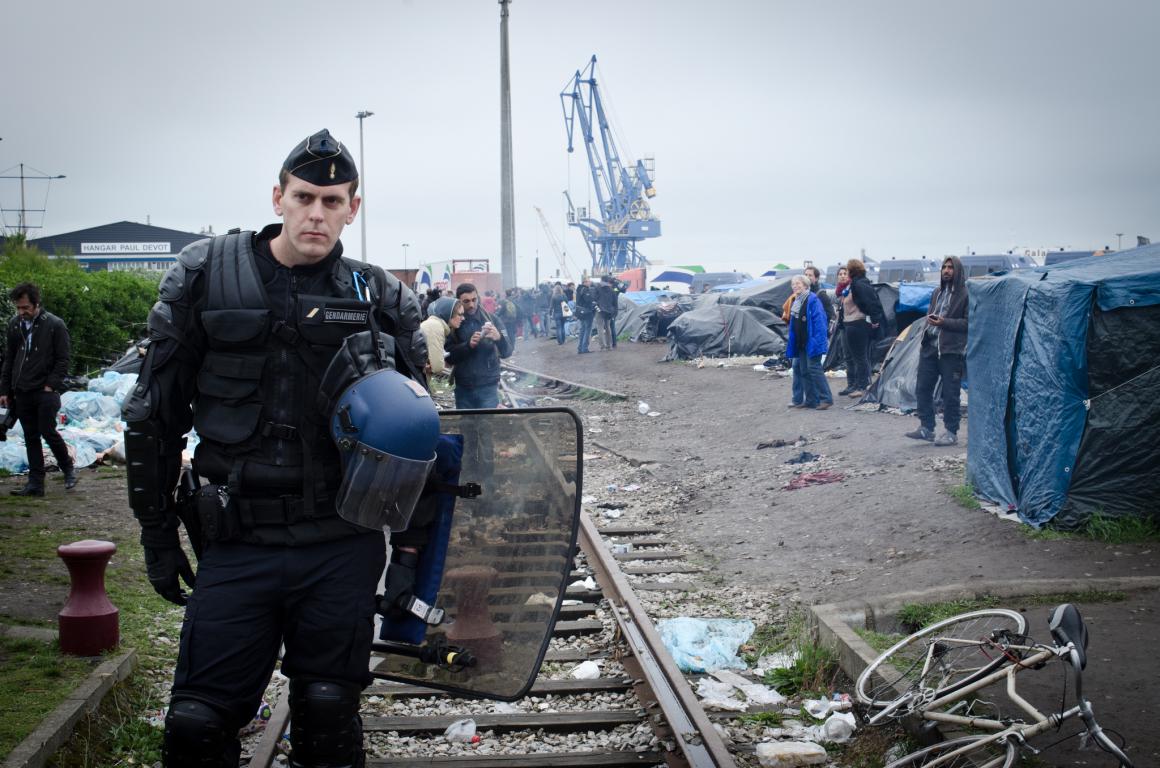
Possibilities for hope and solidarity arise when we stop viewing asylum seekers and refugees as 'burdens' and start seeing human beings. Moments of crisis also offer opportunities.
- Written by Anna Lisa Boni
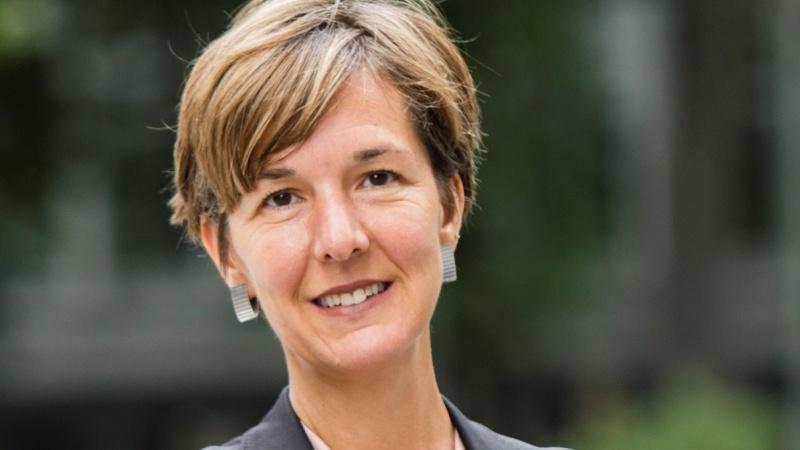
Cities need policy and publicity to support their efforts on the front line of the migrant crisis, and turn migration from a challenge into an asset, argues Anna Lisa Boni.
- Written by Gregory Beals
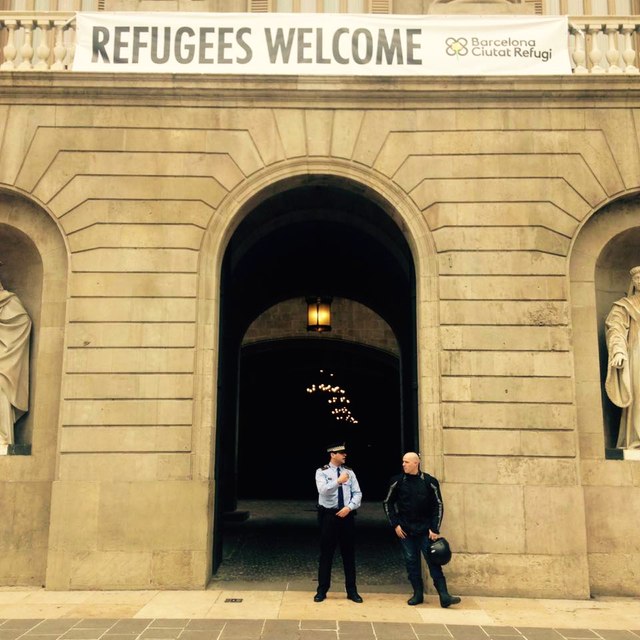
With cities across Europe continuing to attract the majority of the continent’s refugees, mayors struggling with insufficient budgets are helping each other and calling for increased E.U. funds to integrate new arrivals.
- Written by sputniknews.com
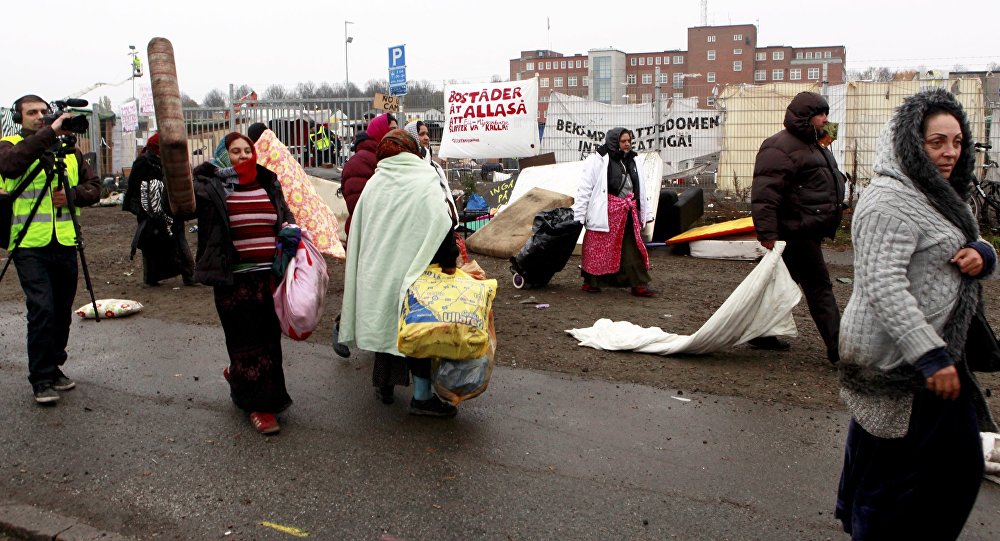
The network of major European cities EUROCITIES called on EU leaders to address xenophobic sentiment during discussions on migration issues, ahead of the World Refugee Day on Monday.
- Written by theguardian.com

World Refugee Day, 20 June, is a moment for us to reflect on our common European values of solidarity, humanity and dignity. The refugee situation remains a top priority for Europe and for cities. As European city leaders, every day we manage the immediate and long-term challenges this poses.
- Written by Pawel Adamowicz
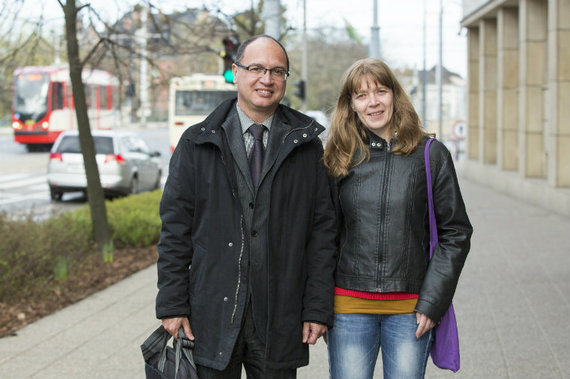
The immigration is a great challenge for Europe, a challenge we are aware of in Gdansk, too. Currently we are looking for our own model of integrating immigrants into our society. Engaging residents into discussing the issue and sharing best practices with our partners from other countries are an important part of our work. A few days ago Gdansk was visited by EUROCITIES experts on immigration, which was an excellent opportunity to exchange experience.
- Written by Anna Lisa Boni
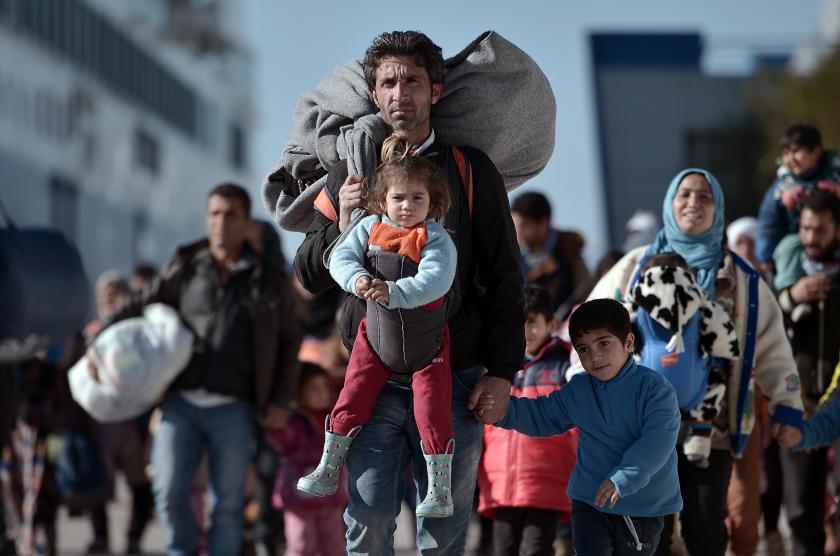
Some 500,000 asylum seekers transited through Athens between January 2014 and December 2015. Over the same period, Hamburg and Munich hosted 25,000 each; 40,000 arrived in Vienna, and a further 250,000 used the city as a stopover before continuing their journeys.
- Written by LUDOVIC LAMANT
Elles sont aux premières loges de la crise migratoire qui bouscule l’Europe. Les grandes villes, d'Athènes à Amsterdam, réclament davantage de moyens. Ce sont elles qui innovent, pour répondre à des défis gigantesques. Exemples à Barcelone (Espagne), Malmö (Suède) et Mannheim (Allemagne).
- Written by Thomas Jezequel
The European Policy Centre has just published an event report for 'Reception and integration of refugees - cities on the front line', which EUROCITIES co-hosted on 4 April.
The event marked the launch of the new EUROCITIES report, 'Refugee reception and integration in cities', which highlights trends and best practices regarding refugee reception and integration in European cities. The report is based on the experiences of 34 European cities.
- Written by ESZTER ZALAN
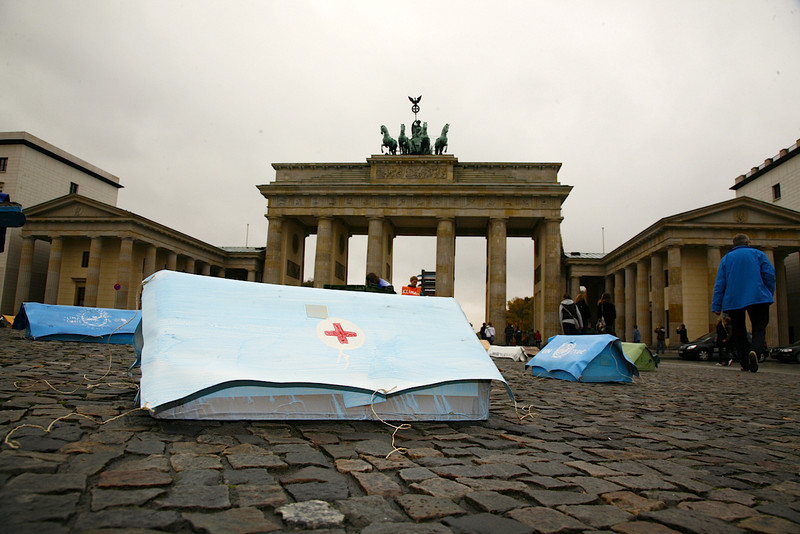
Cities are at the forefront of the migration crisis, yet have little access to direct EU funding and need to have a bigger say in national policies, a roundtable discussion in the European Commission with mayors revealed on Tuesday (5 April.)
- Written by Sebastien Malo

NEW YORK (Thomson Reuters Foundation) - With throngs of migrants journeying to Europe, the continent's city governments are defying tradition and seeking major roles in shaping national policy to reap more resources, a new survey has found.
- Written by Ellie Violet Bramley

Refuge cities Despite urban centres having to receive and integrate huge number of refugees, cities lack crucial input when it comes to policy, says a new European report
- Written by euronews.com
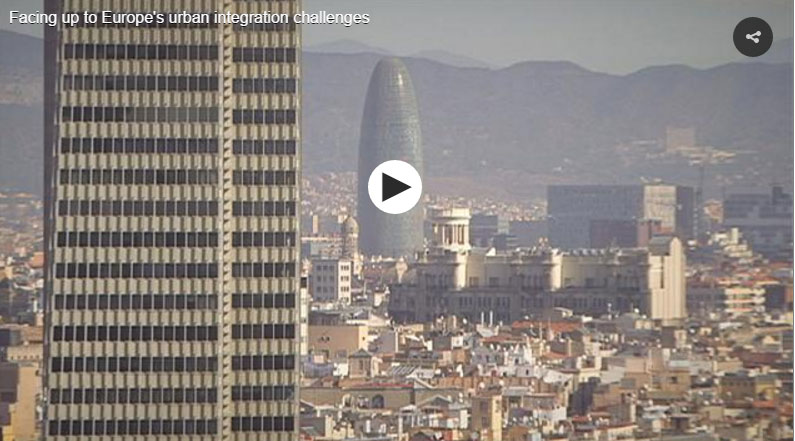
With almost seven out of 10 people in Europe living in towns and cities, this week Real Economy is exploring the economics of urban integration.
- Written by thelocal.es
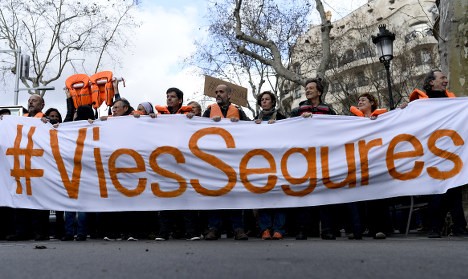
Half a year after Barcelona launched a municipal plan to welcome refugees fleeing wars in places like Syria and Iraq, Spain's second largest city is still waiting for them to arrive.
- Written by lepoint.fr
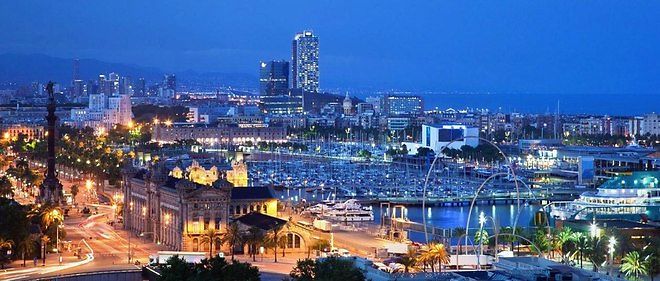
La pression de l'opinion publique avait amené le gouvernement à davantage de générosité en accueillant 17 680 personnes, et non 2 749 comme prévu.
- Written by Pawel Adamowicz
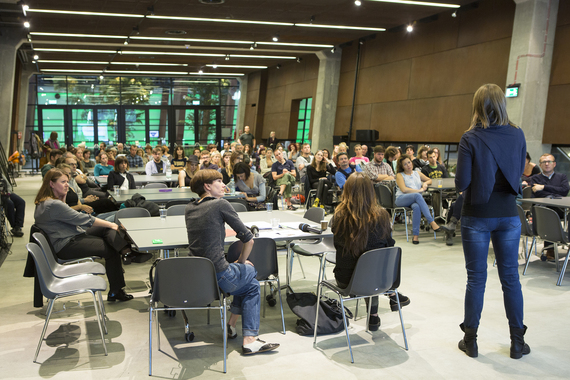
Although, like everywhere in the world, the debate is on just how much Polish cities can do to, there is no doubt among mayors of big cities that we should do our share to help.
- Written by Kirsty Tuxford
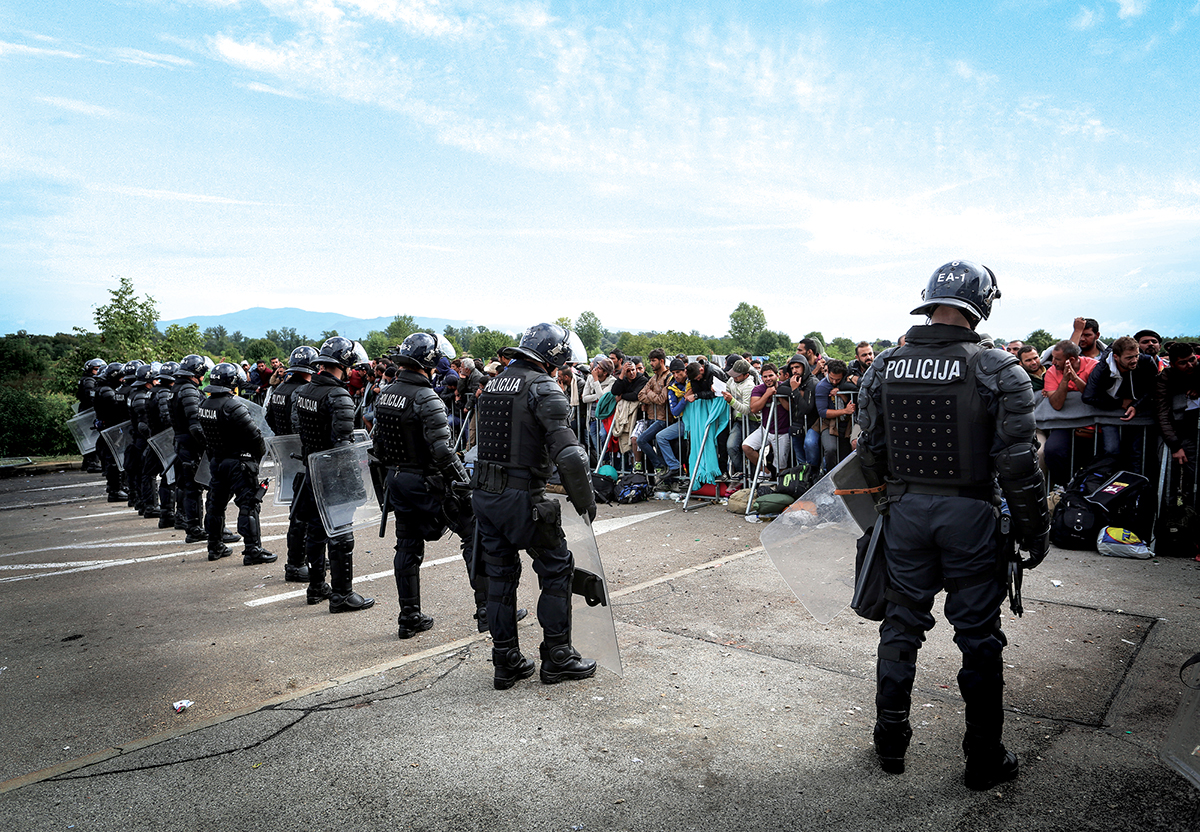
The influx of refugees has tested the resilience of cities to develop both short and long-term strategies to cope with their new residents. Kirsty Tuxford highlights the problems that European cities are facing and asks mayors how migration will affect long-term development.
- Written by Jacopo Barigazzi
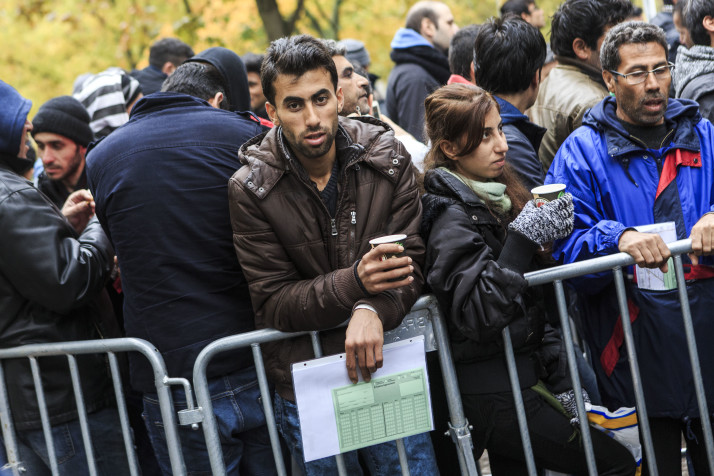
On the frontline of the continent’s fight against migration, city leaders see national governments and the European Union drawing up plans to tackle the refugee crisis that do little, if anything, to protect their citizens. Some are taking matters into their own hands, and tapping into years of experience in integrating migrants into the local community.
- Written by Jonathan Andrews
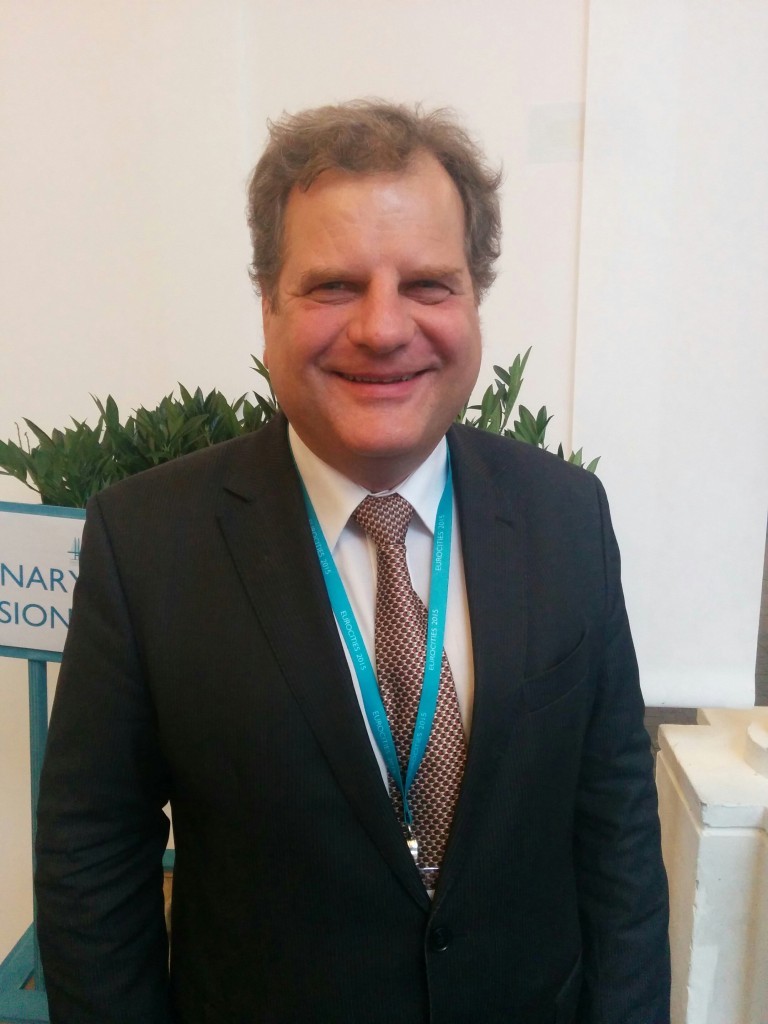
With Germany accepting by far the largest number of refugees reaching Europe, it is the country’s mayors that are the ones left to find the housing and support services needed to accommodate them. After a special closed political debate on refugees, during EUROCITIES‘ annual conference in Copenhagen/Malmo, Jonathan Andrews spoke toThomas Fabian, Deputy Mayor of Leipzig on how his city is handling the crisis.
- Written by Mathieu Henceval
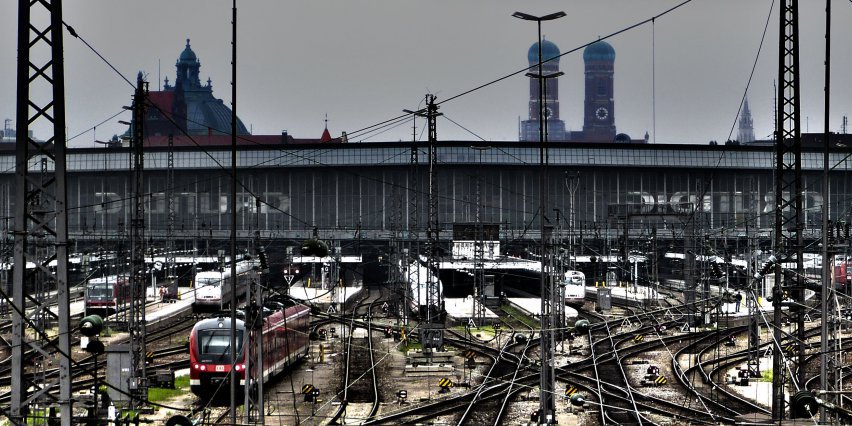
Si les Etats membres ont sauvé l’image de l’Europe en s’accordant sur une répartition des réfugiés, le refus de certains Etats d’Europe centrale et orientale a ouvert une fracture au sein de l’Union européenne. Face à l’indécision des Etats membres, les villes d’Europe s’organisent.
- Written by Anna Lisa Boni

Our cities are showing the leadership that EU national governments are lacking, argues Anna Lisa Boni.
What does asylum have to do with cities you may ask: Surely this is something dealt with at national levels?
- Written by Christophe Turgis
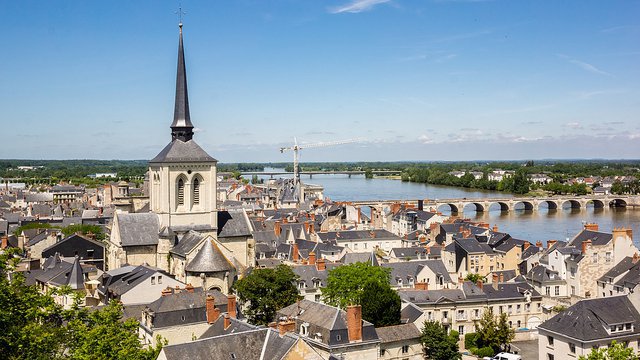
Les grandes villes se mobilisent pour l'accueil de réfugiés, les plus petites également, Saumur se dit prête à en accueillir une cinquantaine, et même un peu plus à la demande du ministère de l'intérieur, des logements HLM vacants, leurs seront proposés
- Written by presseocean.fr
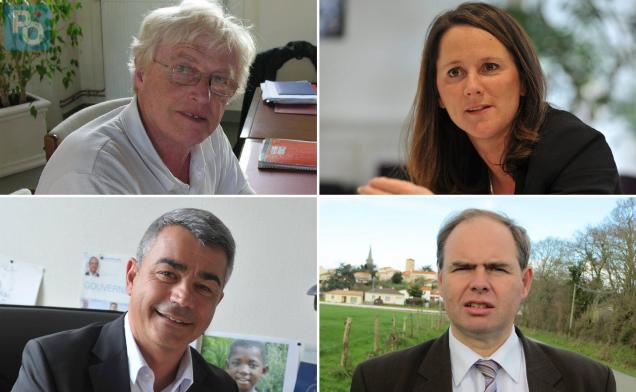
Depuis quelques jours, l’élan de solidarité en faveur des réfugiés ne se dément pas. En Loire-Atlantique, les associations s’efforcent de canaliser les bonnes volontés. Des villes prennent aussi des initiatives.
- Written by ouest-france.fr
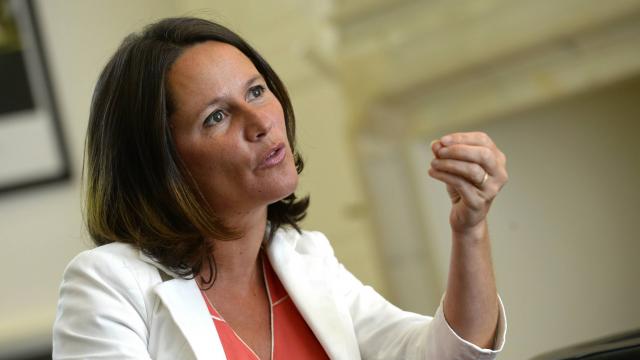
Sur Facebook, la maire de Nantes "s’engage à poursuivre ce travail collectif pour offrir des solutions concrètes et solides à ces personnes".



